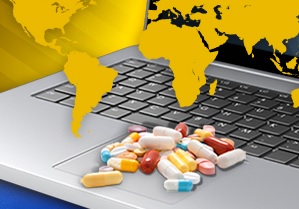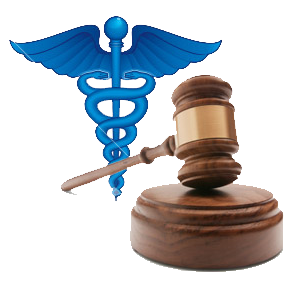Asia is famous to nearly all
kinds of forgery and
fraudulence. China leads the rest of the continent in bearing the name
‘fake’. Perhaps these accusations have their bearing. After all, the products
which are counterfeited would trace back to illegal production companies in the
region. Dirty politics and lax of security has had a lot to do with it, as so
many bad reviews had pointed out.
Nevertheless, Asia, with more
developing countries than developed ones, has had a lot of records in combating
the issue at hand. The Peterson Group, a non-profit organization campaigning
against the proliferation of counterfeiting medicines notes that changes have
been developing and plans have been integrated to prevent this issue from
spreading. In fact, World Health Organization has summarized more legislations
and suggestions on counterfeit combating as advised by many Asian members in
the congress.
The following are possible measures in contending the problem:
• National Government
The government, perhaps, has the most
important role in stopping counterfeiting. With a stable policy and regulation,
proper execution of security, there would be a good chance penalty can be
imposed on fraudsters. Those in office have the power to enact rules and
legislations which can help strengthen the campaign against spurious,
falsely-labeled, falsified and counterfeit medicines. They can foster
cooperation between different sectors of the government that play a role in the
process. Medicine legislation should be formed and they should be the ones to
ensure that counterfeit meds are confiscated and destroyed. United Kingdom has
started their own government campaign but many critics say that developing
cities who are also taking their own stand like Jakarta, Indonesia and
Singapore have too much politics to implement proper policies.
• Consumers
Consumers also have their share
of responsibilities. We cannot always complain and do nothing. We, as the
people who would be directly affected by the effects of counterfeit medicines
should be suspicious and cautious of our every purchase. As much as possible,
do not buy from a peddler or in market places, do not trust large discounts and
check if labels or packaging would hint distrustful information about them.
Also, be aware of emergency numbers to dial in case you may encounter one.
• Medical
Organizations and Pharmaceutical Companies
Since there are issue and
conflicts occurring between the government and private companies when it comes
to disclosure of information, there would always be miscommunication. These
companies should work closely with national law enforcement and not entirely
conceal their own information to themselves.




